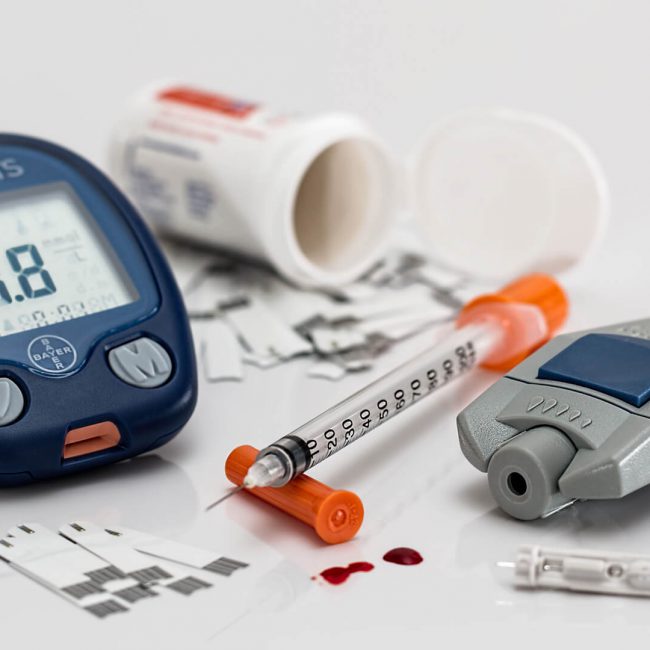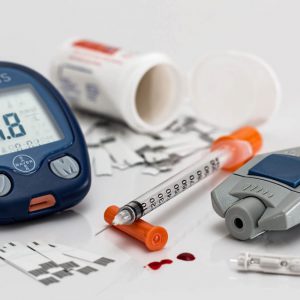An immunoglobulin E (IgE) test measures the level of IgE, a type of antibody. Antibodies are made by the immune system to protect the body from bacteria, viruses, and allergens. IgE antibodies are normally found in small amounts in the blood, but higher amounts can be a sign that the body overreacts to allergens.
To screen for an allergic disease; sometimes to screen for a parasitic infection
Variations in the upper limit of normal total serum IgE have been reported: they can range from 150 to 1,000 UI/ml; but the usually accepted upper limit is between 150 and 300 UI/ml.



